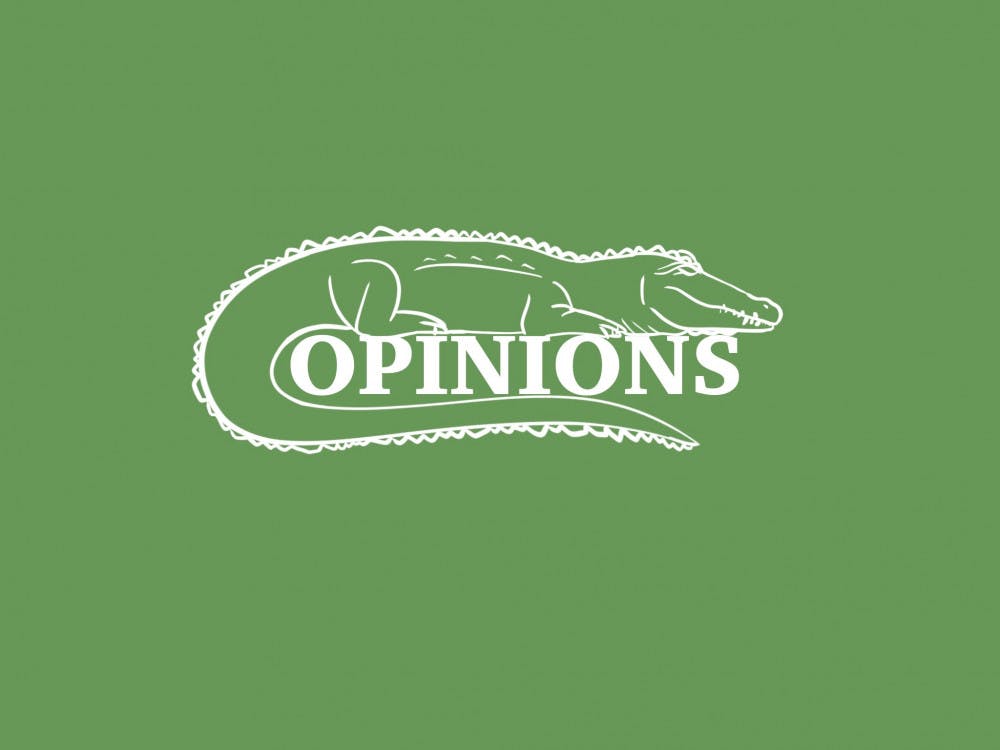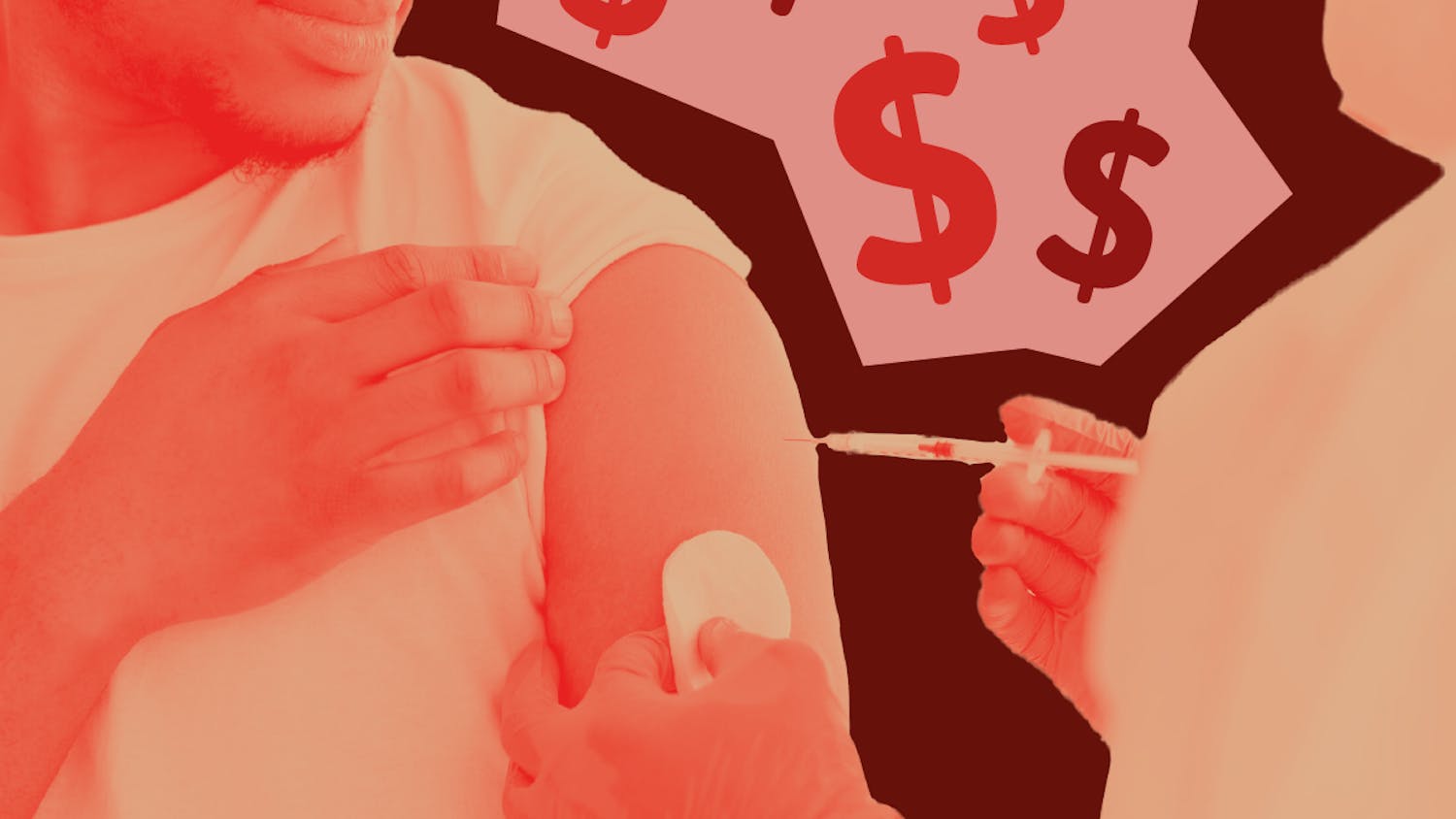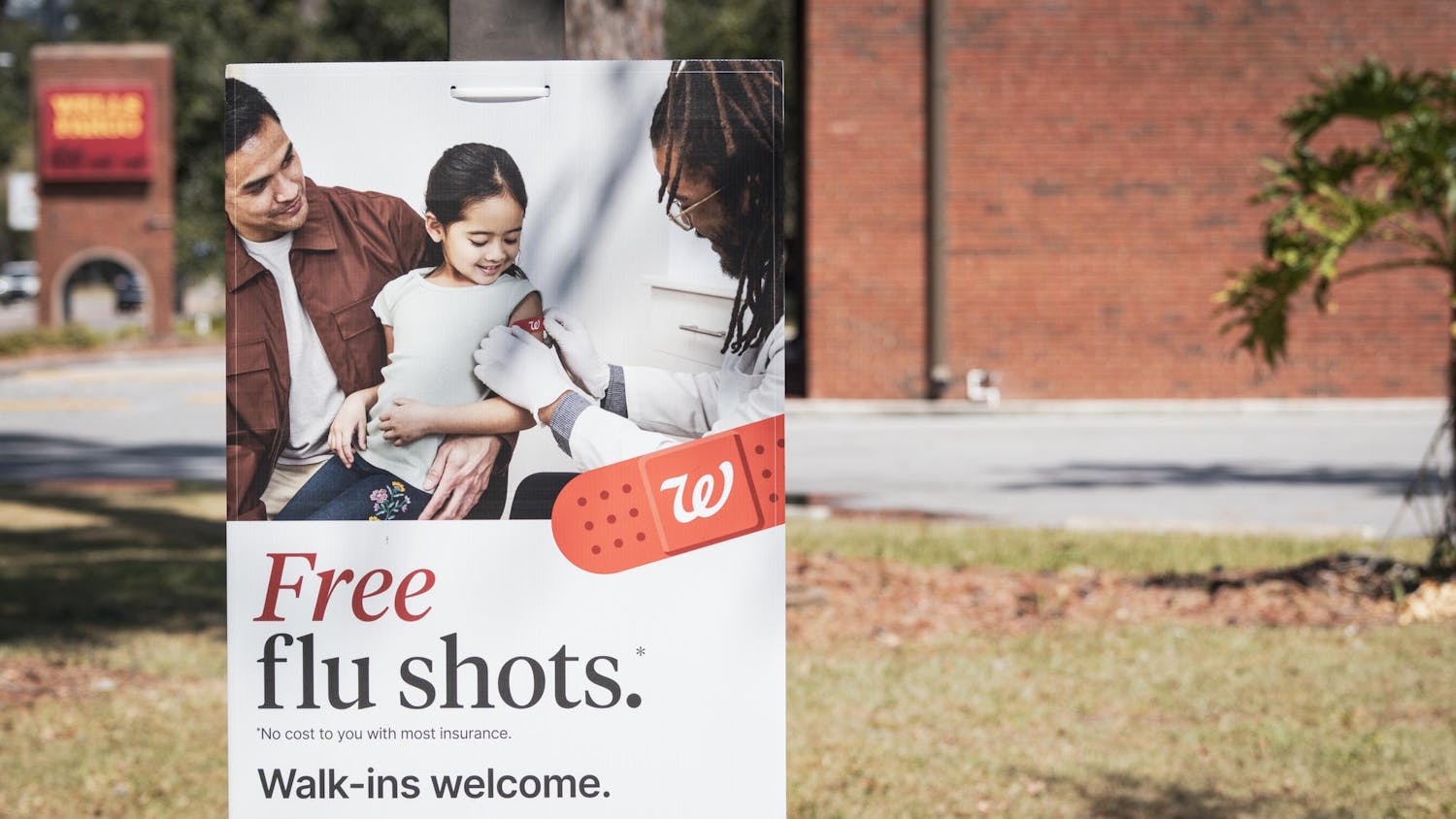As an international student from Colombia living in the U.S., every once in a while, I find myself wondering “What defines freedom in America?” This question appears to be a subject of debate, even among the general populace here. Despite the frequency with which I engage the question, I never quite conclude what it truly means.
As a public health student, the COVID-19 pandemic has been an incredibly rich stage for learning. But it has also brought forward some foundational flaws in how policy is communicated, especially regarding the management of the spread of the virus.
Face masks, for instance, have proven time and time again to be an effective way to reduce the spread of the virus. Yet millions of Americans refuse to wear them, as they see it as a fundamental violation of their freedom. The government and both its parties have failed to enforce mask use in public, with not enough places in the U.S. penalizing the lack of compliance with fines.
While I understand some lawmakers might be hesitant to enact such policies for fear of litigation or political fallout, from the perspective of an outsider, the idea of following science as means to protect the general population possibly ending up in litigation or political blowback is absolutely ridiculous.
For instance, the U.S. has very strict laws that prohibit driving under the influence of alcohol or drugs, as doing so would be a public health concern, endangering both the person who partakes and those on the road. If risking the lives of both victim and perpetrator by driving under the influence is against the law, how come the lack of mask use is not, when it is essentially the same thing?
I have a hard time fathoming anyone equating these elements of road safety as a violation of their freedom, but that is exactly the argument anti-mask people are making. From a public health standpoint, driving under the influence and refusing to wear a mask during a pandemic of an airborne pathogen are comparable behaviors, both endangering the general population.
Why is one referred to as law and order while the other is chastised as a violation of freedom? If countries across Europe are enforcing mask use with hefty fines in response to the alarming increase in cases, does that mean they are not free under the American definition of freedom? Has the definition of freedom become so politicized that it has completely lost its true meaning?
I do not write with the intention of voicing favor or criticism toward any one political party or ideology. Truly, it all boils down to this: Science is not and cannot be political. Science is based on facts. I can acknowledge how certain fields like climate change have become politicized, as there are large corporations that stand to lose money if there is a transition from fossil fuels to renewable and clean options of energy.
There, the motive to muddy the waters of science with politics is clear.
With mask use, however, it is crystal clear that we aren’t doing enough of it because of political reasons that will leave us all in a lose-lose situation.
The American people, first responders, doctors, nurses, the economy and the government are all suffering because of the uncontrolled situation with the virus. I write this not only as a future doctor of public health, but as a human being living in the reality of this pandemic.
The truth is, I don’t really know where the lines of freedom are drawn when it comes to the safety and health of the people in America. It is not clear who draws the lines between freedom and laws. Sometimes they’re drawn by science, sometimes by religious beliefs and sometimes by economic or political interest. It seems there is no simple answer to “What is freedom?” in the land of the free.
Daniel Acosta is a first-year public health doctoral student in the Department of Environmental and Global Health.






